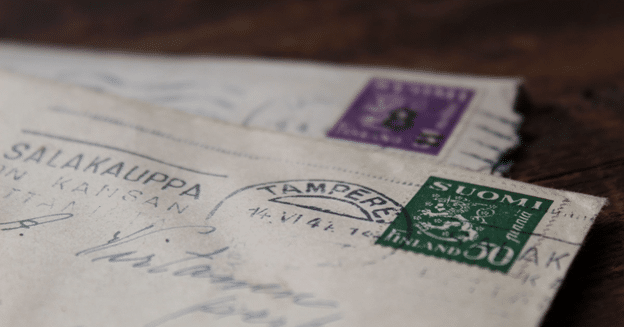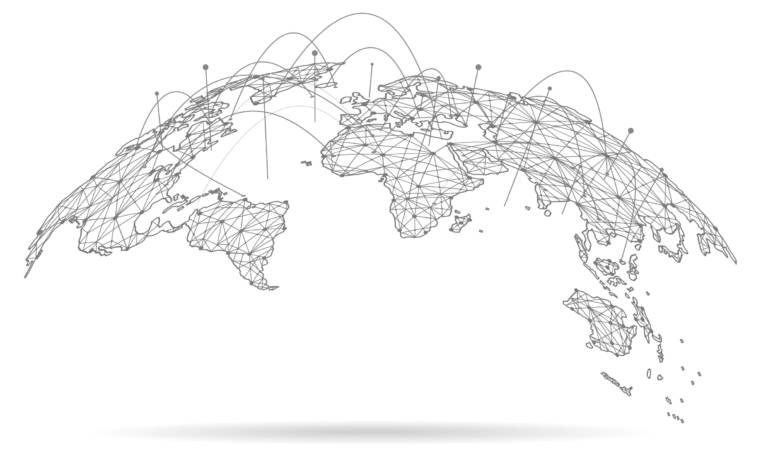Finest Practices for Composing Effective Letters Rogatory for Legal Matters
Finest Practices for Composing Effective Letters Rogatory for Legal Matters
Blog Article
Letters Rogatory Explained: Facilitating Legal Collaboration In Between Countries

Definition of Letters Rogatory
Letters rogatory are formal requests made by a court in one jurisdiction to a court in an additional territory, looking for support in obtaining proof or testimony for a lawful proceeding. This procedural device is vital in the context of worldwide regulation, where lawful systems might vary, and cross-border teamwork is needed. Letters rogatory help with the celebration of details that might be vital for settling situations, specifically in instances including intricate transnational issues.
Typically, these demands emerge in civil, criminal, or administrative issues where a celebration calls for evidence that is situated outside the territory of the asking for court. The letters act as a way to ensure that the principles of due procedure are maintained, making it possible for courts to accessibility evidence that might otherwise stay unattainable as a result of geographic or lawful obstacles.
Making use of letters rogatory is governed by worldwide treaties, bilateral arrangements, or domestic legislations, which delineate the treatments and responsibilities of the courts included. It is essential to note that the implementation of such demands is not assured; they depend on the laws and practices of the territory obtaining the letter. Thus, letters rogatory are an essential tool for promoting legal collaboration and making sure justice throughout borders.
The Refine of Issuing Letters Rogatory
Issuing letters rogatory involves an organized procedure that makes sure compliance with both domestic and international legal standards. Initially, the requesting celebration, usually a court or legal authority, drafts an official request outlining the nature of the assistance sought, the evidence or info required, and the lawful basis for the demand. This paper needs to be specific to promote understanding by the international territory.

The following action involves sending the letters rogatory to the marked international authority. This is often done via polite channels or international legal aid frameworks, ensuring that the demand is received and acknowledged by the international court. The international court then processes the request according to its own lawful procedures, ultimately reacting to the requesting celebration with the sought-after info or evidence, hence assisting in worldwide legal participation.
Value in International Law
The importance of letters rogatory in global legislation can not be overstated, as they work as an essential mechanism for judicial participation throughout boundaries. These official requests for aid in lawful matters enable courts in one jurisdiction to inquire, proof, or the presence of witnesses from an additional territory, therefore facilitating the management of justice in transnational instances.
Letters rogatory are specifically essential in the context of globalization, where lawful conflicts usually extend several nations. They allow the collection of proof that may or else be hard to reach, making certain that lawful proceedings are notified and fair. By cultivating cooperation between judicial systems, letters rogatory assistance maintain the regulation of legislation and promote common respect amongst countries.
Furthermore, using letters rogatory shows a commitment to worldwide norms and principles of cooperation, showing the interconnected nature of contemporary lawful methods. It shows the importance of sticking to well-known treatments and treaties, such as the Hague Convention, which supplies a structure for these demands - Letters rogatory. Eventually, letters rogatory improve the efficacy of lawful procedures, making certain that justice is not impeded by geographical borders
Obstacles and Limitations
Despite their value, letters rogatory face numerous difficulties and constraints that can impede their effectiveness. One key problem is the varying lawful frameworks and procedures across jurisdictions, which can cause misconceptions and hold-ups in the implementation news of demands. Various countries may have unique needs for the credibility of letters rogatory, complicating the procedure better.
In addition, the typically protracted nature of worldwide legal participation can hinder prompt access to evidence or witnesses. This delay might adversely impact continuous investigations or lawful process, specifically in situations needing you can try here urgent activity. The absence of resources and training in some territories can result in not enough handling of demands, leading to insufficient or poor reactions.
Cultural differences and differing perspectives towards legal processes can also present considerable obstacles. For example, nations with less official lawful systems might have a hard time to adhere to the step-by-step rigor anticipated in letters rogatory. Political tensions between nations can influence the determination to carry out demands, resulting in a lack of teamwork and diminishing the energy of this system in international regulation. These challenges necessitate continual dialogue and reform to improve the effectiveness of letters rogatory in legal cooperation.
Situation Studies and Instances

On the other hand, obstacles can arise, as seen in an instance entailing a European country looking for evidence in an ongoing criminal matter from a non-EU nation - Letters rogatory. The procedure was postponed as a result of administrative obstacles and differing legal requirements, ultimately impeding the investigation
These examples illustrate that while letters rogatory can facilitate international cooperation and quicken legal proceedings, they likewise highlight the need for clear communication and understanding of lawful frameworks in between countries. Such instance research studies highlight the importance of refining this tool to improve effectiveness and performance in international lawful matters.
Conclusion
In summary, letters rogatory offer as a crucial system for facilitating legal cooperation between nations, making sure the collection of proof and testimony throughout territories. Their importance in worldwide law can not be overstated, as they promote site due process and boost the performance of cross-border legal proceedings.
Letters rogatory are formal requests made by a court in one territory to a court in one more jurisdiction, looking for aid in acquiring evidence or testimony for a lawful proceeding. The asking for celebration, generally a court or legal authority, prepares a formal request describing the nature of the support sought, the proof or information needed, and the lawful basis for the demand. The foreign court then processes the request according to its own legal treatments, ultimately reacting to the requesting event with the in-demand details or evidence, therefore promoting worldwide lawful collaboration.
Additionally, the use of letters rogatory demonstrates a dedication to worldwide standards and concepts of cooperation, mirroring the interconnected nature of modern-day lawful methods.Global lawful teamwork with letters rogatory is not without its real-world implications, as highlighted by numerous situation studies that highlight both successes and challenges.
Report this page